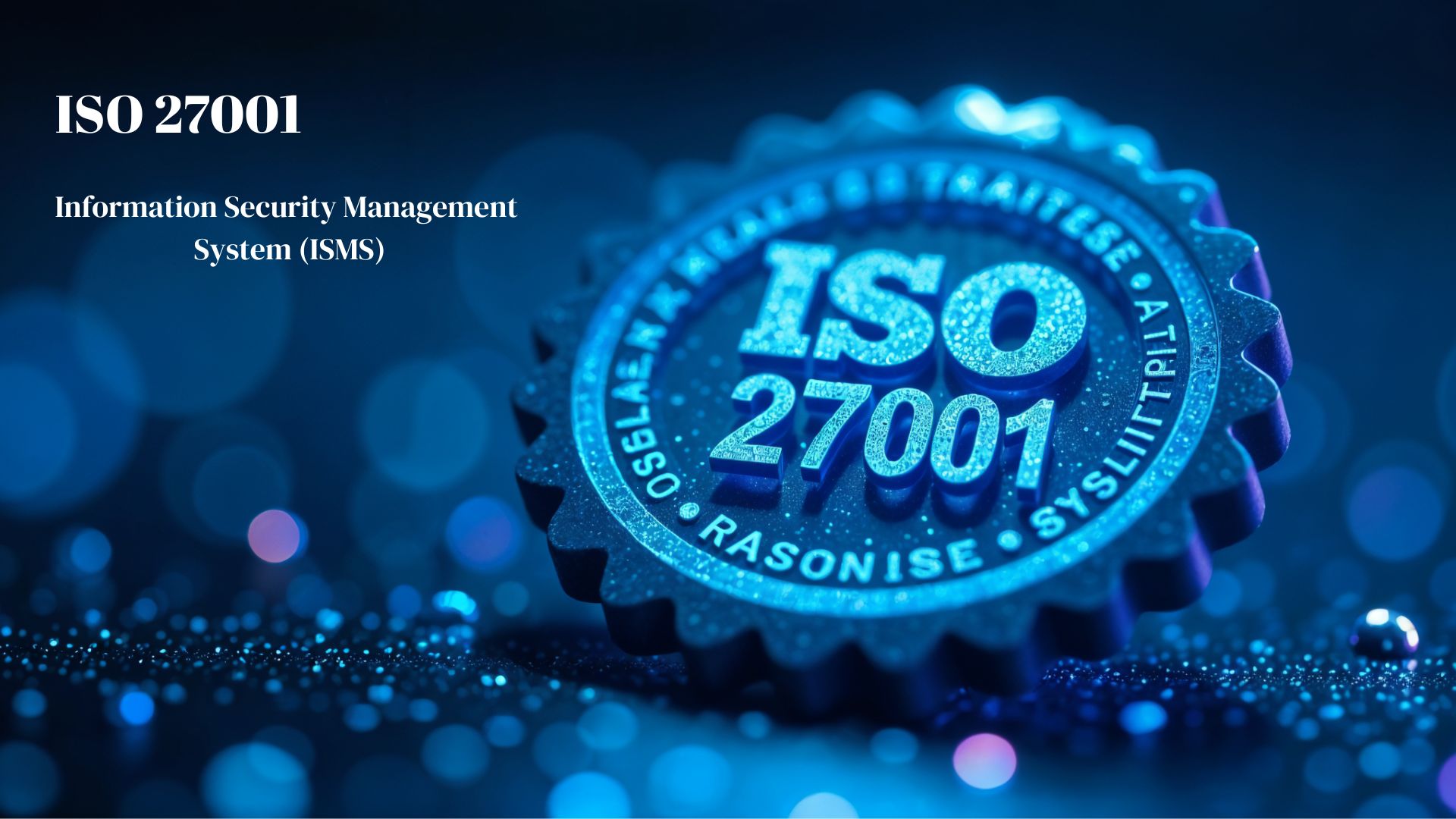education

May 19,2025 • 3 min read
ISO 27001: Strengthening Information Security Management

Introduction
ISO/IEC 27001 is the internationally recognized standard for Information Security Management Systems (ISMS). It provides a systematic approach to managing sensitive company information, ensuring its confidentiality, integrity, and availability. In an era of increasing cyber threats and data breaches, ISO 27001 certification is a vital tool for organizations aiming to protect their digital assets and build stakeholder trust. This article explores the key elements, implementation process, and benefits of ISO 27001.
Core Components of ISO 27001
ISO 27001 is built around the Plan-Do-Check-Act (PDCA) cycle and focuses on risk management. The standard outlines requirements for establishing an ISMS, including defining a security policy, conducting risk assessments, managing identified risks, and continually improving the system. It also requires clear documentation, leadership involvement, staff awareness, and the establishment of security controls across physical, technical, and organizational domains. Annex A of the standard includes a comprehensive list of 93 control objectives and controls that organizations can implement based on their risk profile.
Implementation and Certification Process
Implementing ISO 27001 begins with a gap analysis to assess current practices against the standard's requirements. The next step is defining the scope of the ISMS, conducting a risk assessment, and implementing controls to mitigate identified risks. Organizations must then develop policies and procedures, train personnel, and monitor the effectiveness of controls. An internal audit and management review follow before applying for certification through an accredited certification body. A successful audit by the external body results in ISO 27001 certification, which must be maintained through regular surveillance audits.
Benefits of ISO 27001 Certification
ISO 27001 certification offers numerous advantages to organizations. It significantly reduces the risk of data breaches, cyberattacks, and compliance failures by establishing strong governance over information security. It also helps meet regulatory requirements such as GDPR, HIPAA, and other data protection laws. For businesses, certification enhances reputation, builds customer trust, and provides a competitive edge in the marketplace. Moreover, it promotes a culture of security awareness and continuous improvement within the organization.
Alignment with Business Goals and Compliance
ISO 27001 is not just about IT security—it supports broader business objectives. It helps align information security with corporate strategy, improves incident response capabilities, and ensures business continuity. The standard’s risk-based approach allows organizations to prioritize investments based on their most critical assets and threats, ensuring efficient use of resources while maintaining compliance with industry standards and legal requirements.
Conclusion
ISO 27001 sri lanka is a powerful framework for managing information security in today’s data-driven world. By adopting its principles and achieving certification, organizations can protect valuable information, comply with regulations, and build lasting trust with clients and partners.
aaronalton Details
User Profile
- Full name
- aaronalton
- Email address
- aaronalton97@gmail.com
- Join Date
- 2025-05-02
- State
- City
- Pincode
- Address
- Follow us on Facebook
- Follow us on Twitter
- Website Name
- Bio